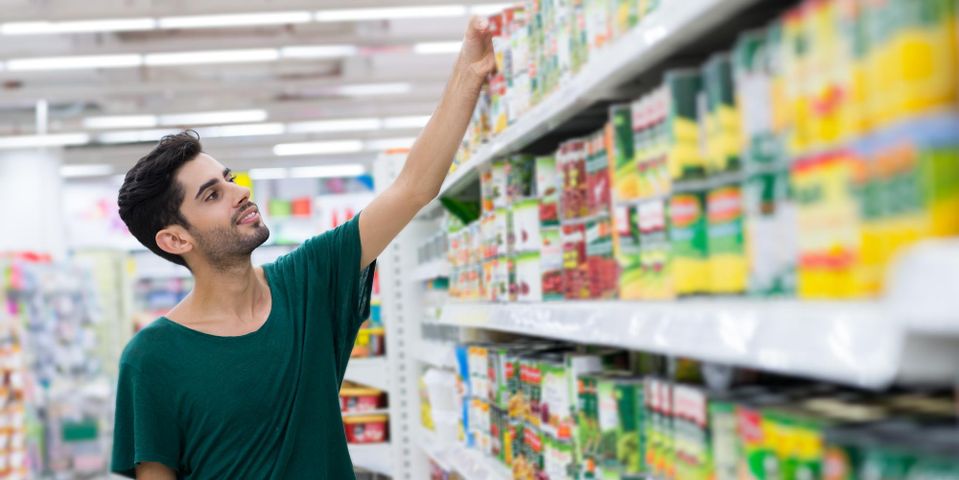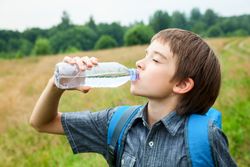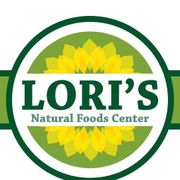
You want to do everything you can to protect your household. You might go out of your way to cook healthy food, avoid Teflon-coated pans, filter your water, and use non-toxic cleaning products. But if you regularly eat pre-packaged and canned foods or use plastic storage containers, you could be overlooking BPA. Here’s what you should know about this potential health hazard.
A Guide to Understanding BPA
What is BPA?
BPA stands for Bisphenol A. It’s a chemical that’s been used to produce plastic and resin since the 1960s.
What are the risks of using BPA plastic?
The U.S. Food and Drug Administration’s current guidance on BPA is that it’s safe to use in small amounts for food containers, like plastic containers and cans. However, further research is still needed to understand its impact on our health.
Some research indicates BPA could affect physical development, reproductive health, blood pressure, and behavioral function. Animal testing shows BPA could disrupt the endocrine system and increase cancer risks. These effects might be more pronounced in children who are still growing and maturing and are less adept at filtering out toxins.
What are some safe alternatives?
 Acrylic and polyester are sometimes used to line food containers instead of BPA. However, substituting one chemical for another doesn’t solve safety concerns unless there’s proof that the alternatives don’t leech over time.
Acrylic and polyester are sometimes used to line food containers instead of BPA. However, substituting one chemical for another doesn’t solve safety concerns unless there’s proof that the alternatives don’t leech over time.
Right now, the safest alternatives are glass, stainless steel, and ceramic.
How can I avoid products with BPA?
Here are a few tips for limiting your exposure to BPA:
-
Don’t microwave plastic containers or put them into the dishwasher. Heat can leech BPA from the plastic.
-
Verify that your kids’ toys are BPA-free, including pacifiers and anything they might put into the mouth.
-
Read product labels and only purchase items that claim to be “BPA-free.” Be especially vigilant when it comes to canned foods, which often use a BPA sealant.
-
Use dried beans instead of canned beans.
-
Buy from trustworthy brands that prioritize healthy food and clean living.
-
Keep leftovers in glass, stainless steel, or ceramic dishes instead of plastic storage containers.
-
Don’t buy single-use plastic water bottles.
To learn more about keeping your household safe with natural solutions and healthy food, visit Lori's Natural Foods Center in Rochester, NY. Serving customers throughout the Greater Rochester area, including some of the Finger Lakes area, they’re an independently owned small grocer with BPA-free options, including canned food, and a non-GMO policy. To learn more about their products and special events, visit their website. If you have any questions about the healthy food and supplements available in stock, call (585) 424-2323 today.
About the Business
(511 reviews)
Have a question? Ask the experts!
Send your question

